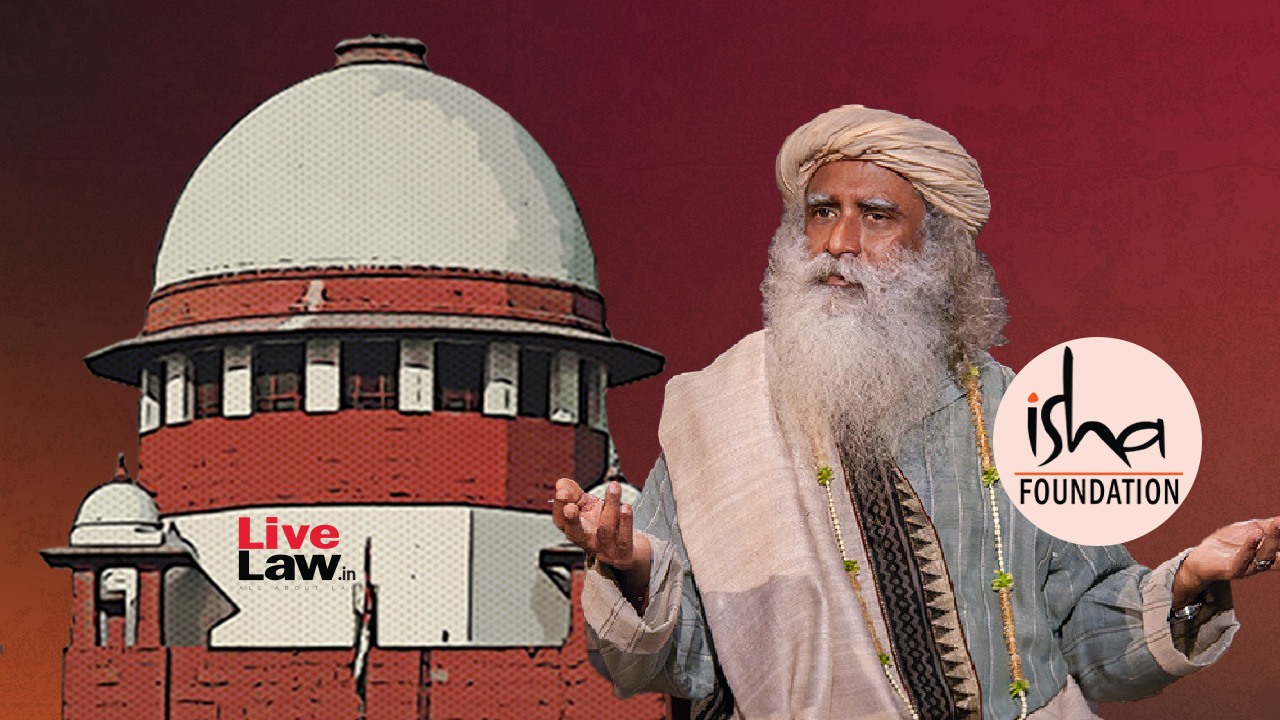 |
|
The Supreme Court of India on October 18, 2024, dismissed a habeas corpus petition filed by a father who alleged that his two daughters were being illegally confined at the Isha Yoga Centre in Coimbatore, run by spiritual leader Sadhguru. The court's decision was based on categorical statements made by the two daughters, aged 42 and 39, who affirmed they were staying at the ashram of their own free will. The court found no grounds to substantiate the allegations of illegal confinement or brainwashing.
The habeas corpus petition, initially filed in the Madras High Court, was transferred to the Supreme Court for its determination. The High Court had directed the police to conduct an inquiry into the allegations against the Isha Yoga Centre, including a POCSO case against a doctor and claims of involuntary detention. However, the Supreme Court took exception to the High Court's directives, stating that the purpose of habeas corpus was fulfilled with the confirmation from the daughters. The court emphasized that the proceedings should not be used to malign individuals or institutions.
Senior Advocate Mukul Rohatgi, representing the Isha Foundation, argued that the Tamil Nadu police's status report confirmed the voluntary nature of the women's presence at the ashram. He also highlighted that the daughters had expressed their freedom of choice in court. He criticized the High Court's decision to order a police investigation instead of closing the habeas corpus petition. Rohatgi argued that such actions could be misused by those with vested interests to target the Isha Foundation. The Solicitor General of India, Tushar Mehta, echoed Rohatgi's concerns, emphasizing that the ongoing police investigations were separate from the habeas corpus petition and that any observation from the court could be misconstrued as a directive for investigation against the foundation.
The Supreme Court, in its final order, clarified that its decision only pertained to the habeas corpus petition and did not affect any other regulatory compliance requirements. It acknowledged that the Isha Foundation would ensure compliance with any regulatory requirements. The court also engaged with the father's counsel, highlighting that parents cannot control the lives of their adult children through legal actions. Chief Justice DY Chandrachud advised the father to focus on building trust with his daughters instead of resorting to legal interventions. The court further rejected attempts by the OBC Mahasabha to intervene in the case, stating that their arguments were unrelated to the habeas corpus petition.
The case highlights the delicate balance between parental rights and the autonomy of adult individuals. The court's decision emphasizes the importance of respecting individuals' freedom of choice and avoids unnecessarily interfering in personal matters. However, the case also raises concerns about potential misuse of legal processes for personal gain or to target religious institutions. The Supreme Court's decision underscores the need for caution in using habeas corpus petitions, ensuring that they are not exploited for extraneous purposes.
